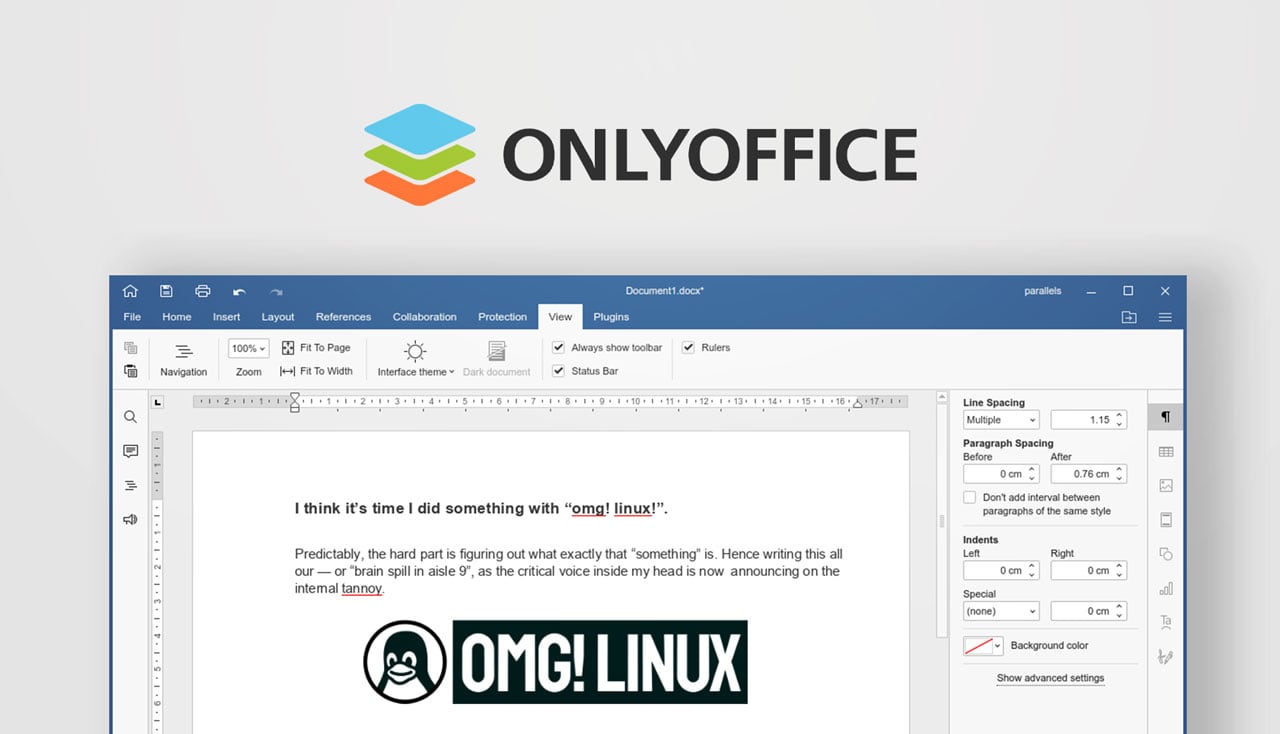Before I get going let me say: I think Firefox is a fantastic browser. A ton of great people work on it. It does some amazing things. I’d scare myself if I tried imagining what the modern web landscape would look like without it.
However…
I’m really sick of opening Firefox every day and being smacked in the face by this:
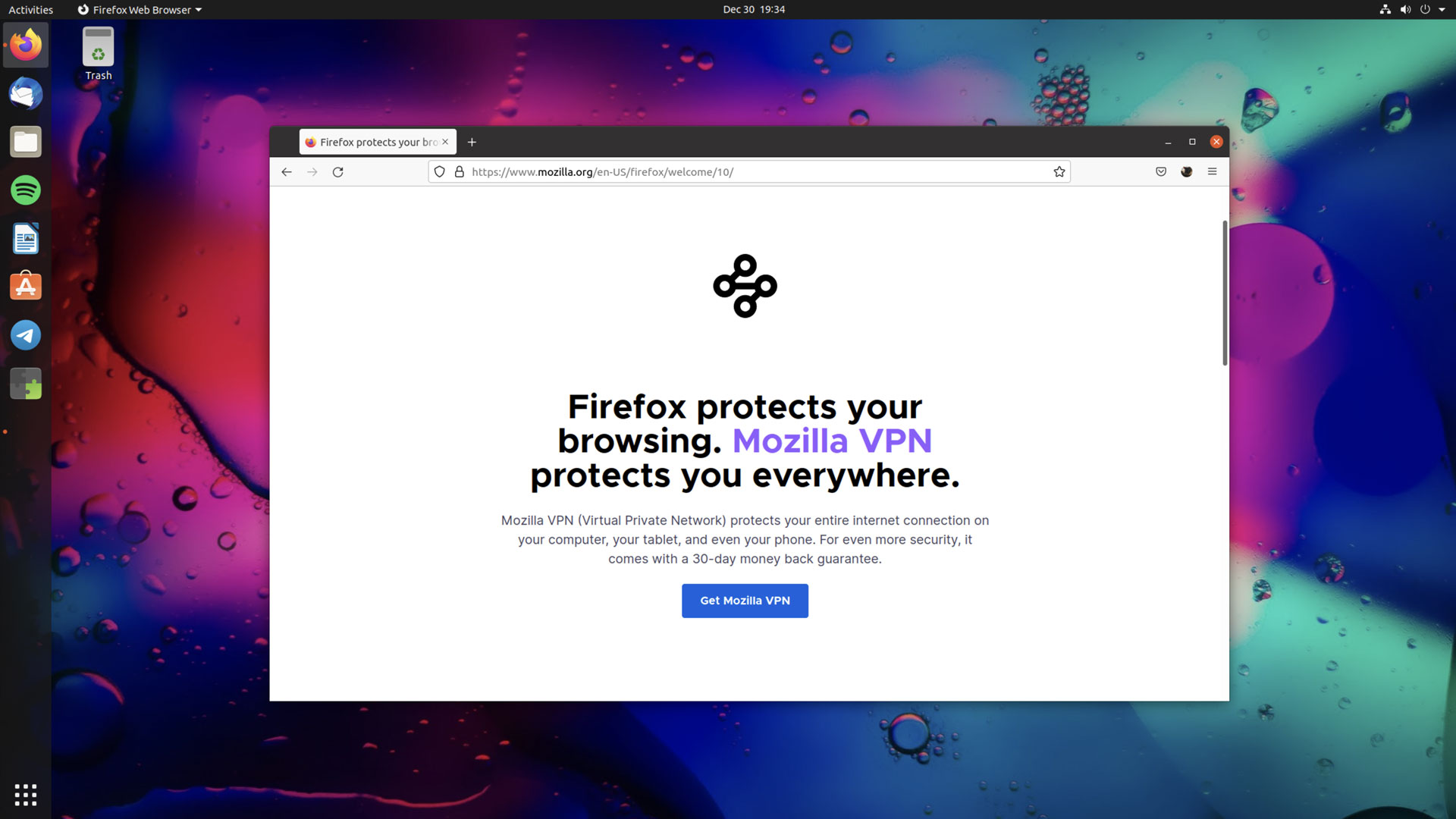
I get it, Mozilla: you have a VPN. These days, who doesn’t?! But do I really need to be told about it every time I open the browser. I’m just a schmo trying to find out who’s been dumped from Dancing with the Stars. I’m not here for a hard sell.
Thing is, it happens a lot. Multiple times a day. I open the browser expecting to see my last closed tab or a helpful new tab page full of links to stuff I actually care about and… Instead I get a screen shilling one of Mozilla’s ancillary services.
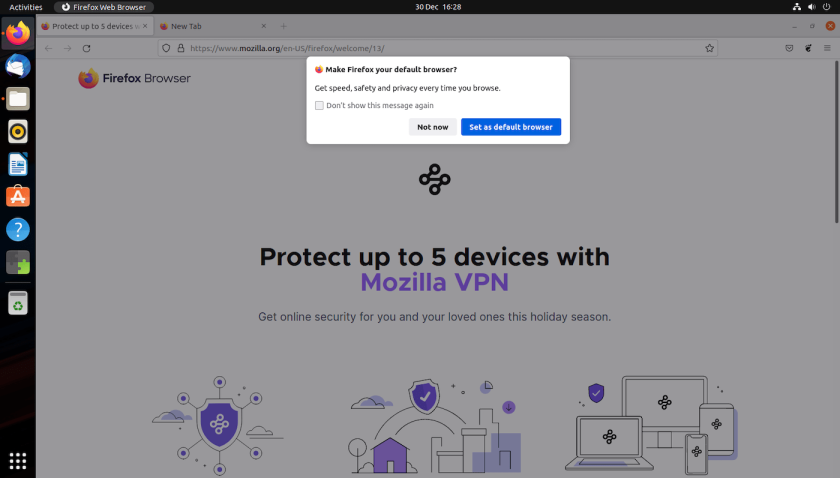
Fun fact: by changing the number in the URL in the welcome tab that appears I discovered there are 13 variations of this screen for me to “enjoy” — I should start a scrapbook!
Now, this is only partly Mozilla’s fault. See, the frequency with which I see these screens is compounded by the fact I use multiple versions of Firefox across multiple distros, VMs, and operating systems, often within the same day. Firefox in Fedora can’t know I’ve already seen a Mozilla VPN sell in Ubuntu (without syncing, anyway).
So my work habits mean I see these welcome screens more than I see members of my own family, but I also see them more than most regular users are supposed to.
Yet it still really grates after a while, especially if I’m expecting to see my last closed tab (so I can pick up where I left off). But instead? Instead I get a searingly bright light. It’s like a stereotypical vision of the here after, only instead of pearly gates and Elvis playing a harp I’m faced by the words “MOZILLA VPN??“.
YES, MOZ: I KNOW. 😒
‘Joey, is this not a bug?’
I was half convinced that these attention-bothering blurbs were a bug or some setting gone rogue. But Googling the topic tells me that these “recommendation” screens (as they’re called) are a feature, and I’m not alone in seeing them so often.
To do what ‘let me clear’ schtick again: I’ve no doubt that Mozilla’s VPN service is good and is worth telling people about. However, I’m not interested in joining. Like, ever. And having my browser hijacked by constant reminders about it…
“Nah, mate,” as we say on these shores.
Besides, it’s not like repetitive welcome screens are the only incongruous intrusion within the Firefox UI these days.
Article promos from Pocket and sponsored speed dial entries now litter each and every new tab page. And a month or two back, Mozilla introduced “suggestions” to the Firefox address bar. This fantastic[citation needed] feature ‘suggests’ browser add-ons and/or other services and/or website related to what ever you were in the process of searching¹ for.
And all of that is in addition the other stuff they collect (or test on you) by default:
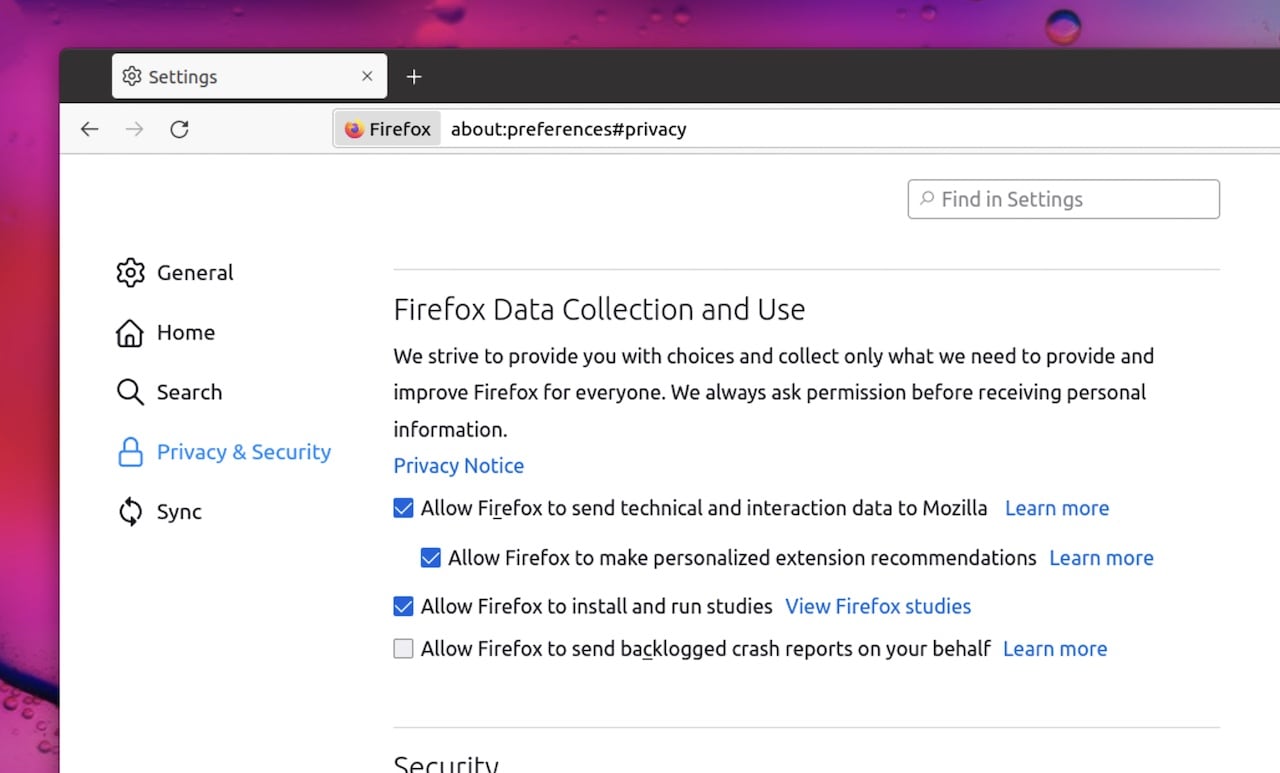
The good news is that you can disable these annoyances.
Mozilla may between a rock and hard place (and I do empathise with that) but they’re still giving us options, and that’s to be commended (though some may say expected).
You can disable Firefox Suggest from the Settings > Privacy & Security page. Just uncheck the options listed underneath the ‘Address Bar’ heading:
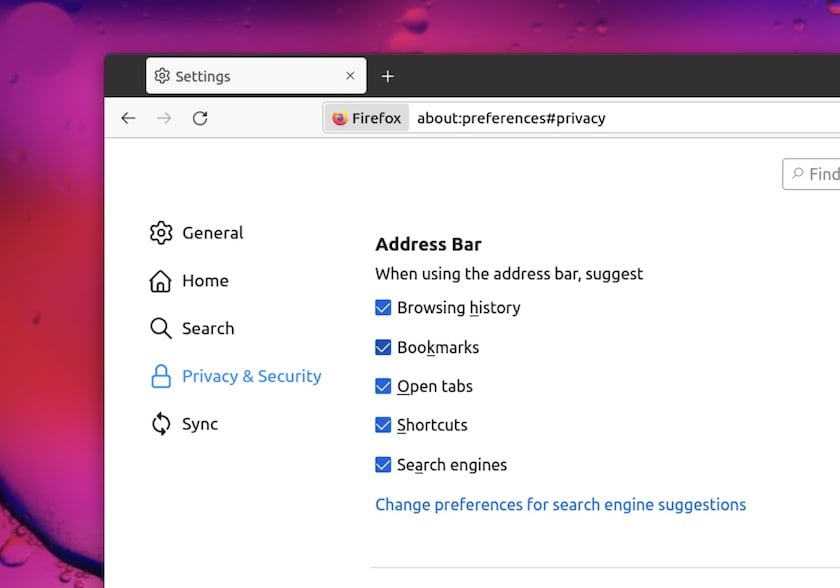
You may, locale dependant, see a further option to uncheck, labelled “include occasional sponsored suggestions”.
No-one wants those, Mozilla.
To disable the welcome pages that were — yes, past tense, ahhh — annoying me just go to Settings > General and uncheck the boxes next to ‘recommend extensions as you browse’ and ‘recommend features as you browse’.
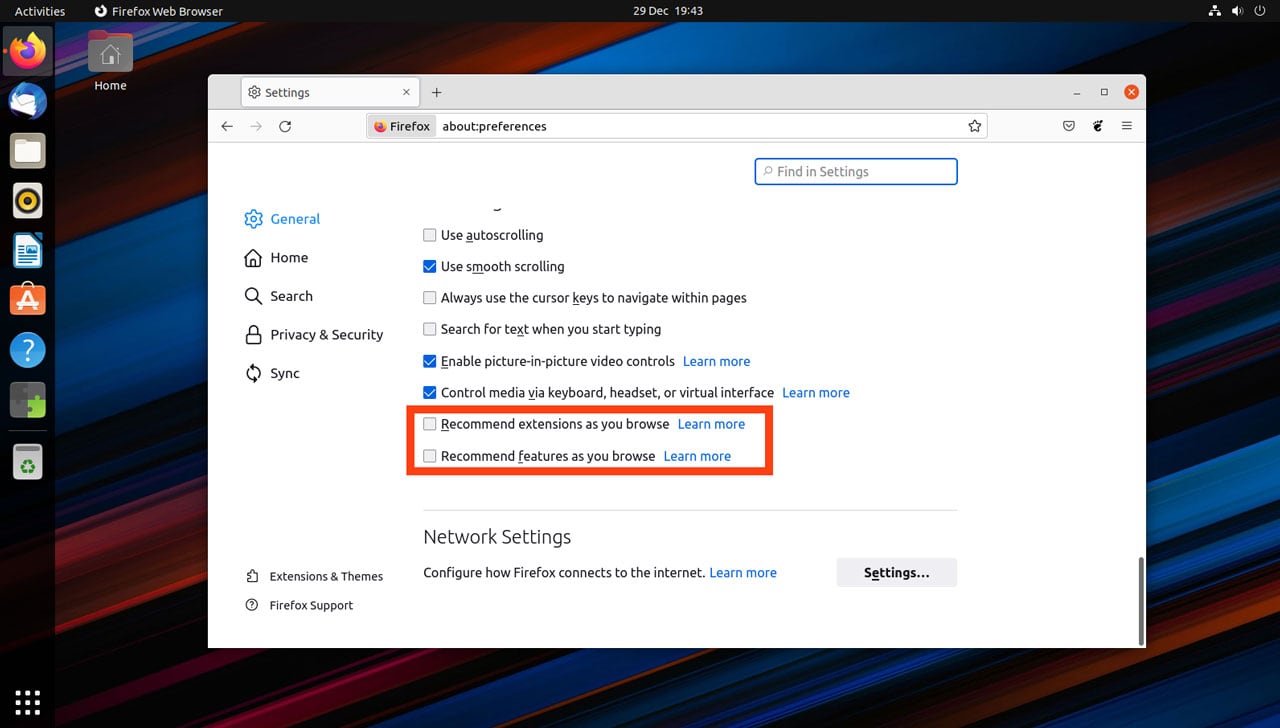
And that’s it.
Firefox: I love you like a sibling. You’re great. You do you. But y’know, can you try and be a bit less annoying about it, yeah?
¹ Mozilla say the ‘contextualisation’ magic happens locally and that no search terms or URLs are passed to Mozilla.
Editorial
How To
Firefox




